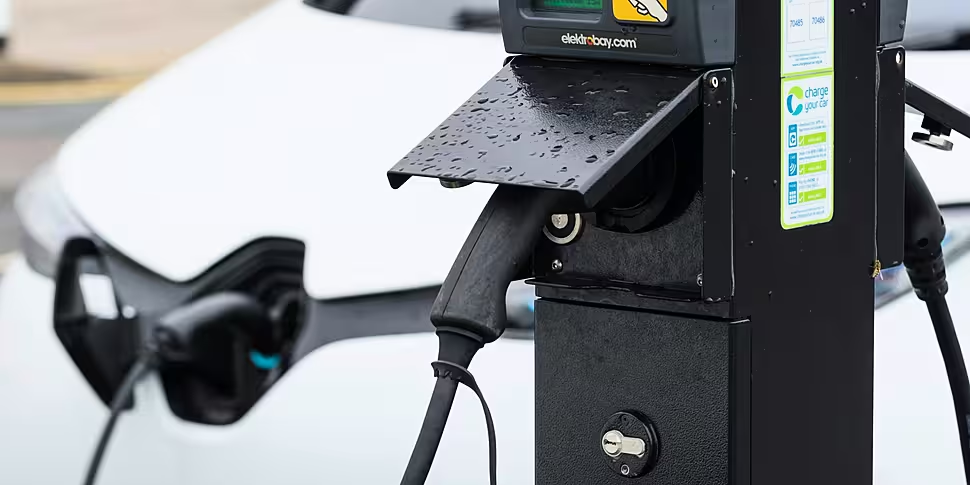Electric vehicles are “more likely to cause collisions”, new research from the University of Limerick has found.
Although sales of new EVs have dropped this year, when the Government came to power it set itself a target of 936,000 EVs on Irish roads by the end of the decade.
UL’s Dr Barry Sheehan described EVs as “fundamentally different” to petrol and diesel cars and said it is important to study what impact the transition is having on drivers and other road users.
“What we found was that electric vehicle drivers behave differently, they are more likely to cause collisions and that these collisions are more expensive to repair,” he told Newstalk Breakfast.
Dr Sheehan said most of the discussion about EVs focuses on how their impact on emissions, prices and the lack of charging infrastructure.
He wants to move the conversation on to road safety.
“It is important now that we bring risk into the conversation around electric vehicles,” he said.
An urban phenomenon?
One potential cause of the higher number of EV crashes is that they tend to be used in urban areas - where there are larger numbers of people and other road users.
Dr Sheehan described this as a “very good point” but said further work is needed.
“From our research, we don’t understand the why yet - we don’t have the answer to that,” he said.
“An educated guess would tell me that electric vehicle drivers drive shorter distances and they’ve more frequent trips.
“So, potentially… these shorter trips may result in the increase in crashes.”
From 2035, no new petrol or diesel cars will be sold in the European Union as part of the bloc's drive to reach net zero.
You can listen back here:
Main image: An EV charging point with an electric car plugged in. Picture by: Geoff Smith / Alamy









